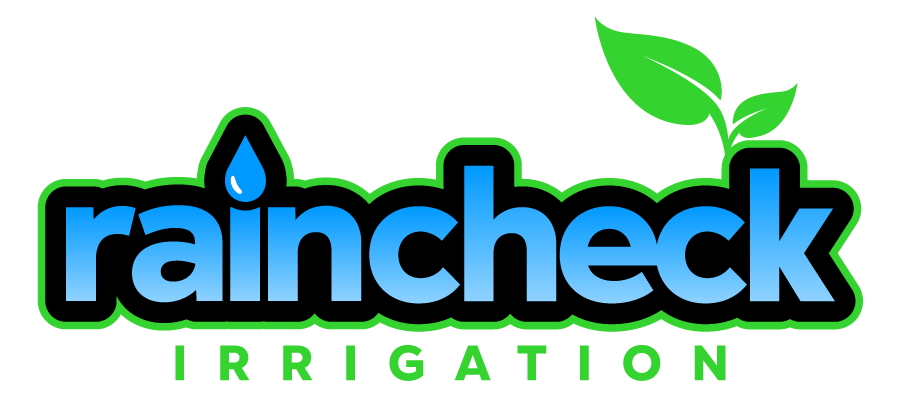Lawn Irrigation: Is It a Smart Choice?
Picture this: a lush, emerald green lawn, the envy of the neighborhood, greeting you with its vibrant beauty every time you step outside. Achieving that picturesque landscape often comes down to one crucial decision – lawn irrigation. In the world of home improvement, it's a choice that can transform your yard into a verdant paradise or leave you grappling with a parched, lackluster landscape. In this blog post, we're diving deep into the sprinkler-soaked world of lawn irrigation to help you determine if it's a savvy move for your home, your wallet, and your sanity. Buckle up, because we're about to explore the pros, cons, and everything in between.
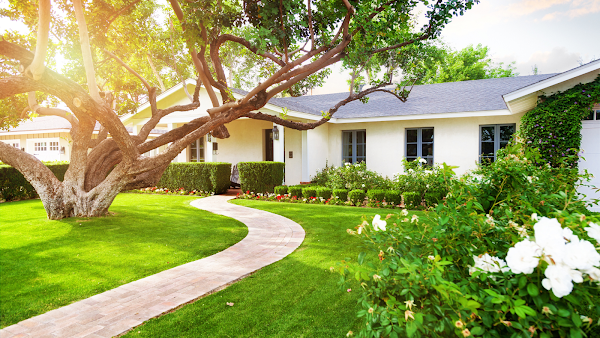
The Pros of Lawn Irrigation
1. Consistent Moisture
One of the primary benefits of a lawn irrigation system is that it provides your lawn with consistent moisture. Grass needs a steady supply of water to thrive, and irrigation systems ensure that it receives the hydration it requires, even during periods of drought or when you're away from home.
2. Time and Labor Saving
Manual watering with a hose or sprinkler can be time-consuming and physically demanding, especially if you have a large lawn. An automated irrigation system takes care of the task for you, freeing up your time for other essential activities.
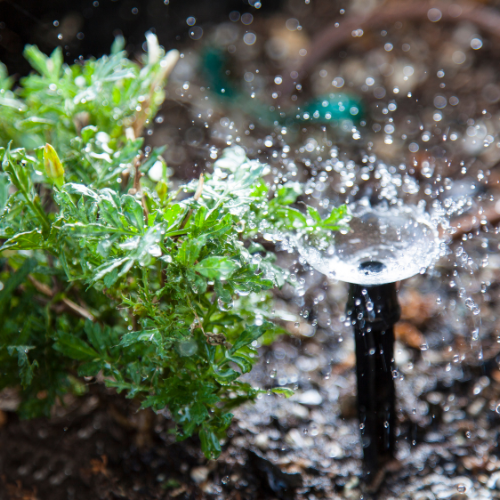
3. Water Efficiency
Modern lawn irrigation systems are designed to be highly efficient. They can be programmed to deliver precise amounts of water to different zones of your lawn, reducing water wastage compared to hand-watering methods. This not only benefits your lawn but also your water bill and the environment.
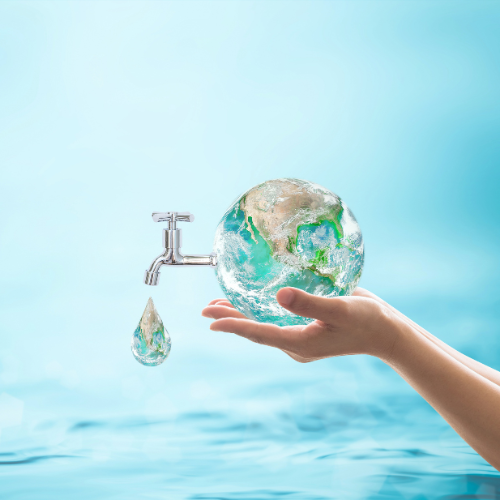
4. Improved Lawn Health
Properly irrigated lawns tend to be healthier. They have fewer brown spots, dry patches, and weed growth. Adequate hydration also makes grass more resilient to pests and diseases, reducing the need for chemical treatments.
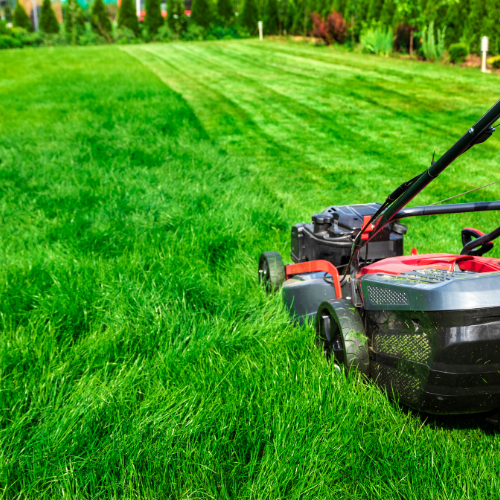
5. Increased Property Value
A well-maintained lawn can significantly boost your property's value. An irrigation system helps you achieve and sustain that beautiful landscape, making your home more attractive to potential buyers or renters.
ARE THERE CONS TO LAWN IRRIGATION?
Well, it's not all sunshine and rainbows! Lawn Irrigation systems offer undeniable advantages but they also come with a few stumbling blocks. Time to uncover more about these!

1. Initial Cost
The installation of a lawn irrigation system can be a significant financial commitment. It involves various expenses, including purchasing irrigation equipment (sprinklers, pipes, controllers), hiring professional installers, and potentially making changes to your landscaping. The initial cost can vary widely depending on the system's complexity and the size of your lawn.
2. Maintenance Expenses
While irrigation systems are designed to be low-maintenance, they are not maintenance-free. Regular upkeep is necessary to ensure the system functions correctly. Maintenance may involve checking for clogs or leaks, adjusting sprinkler heads, and reprogramming the controller to accommodate changes in your landscaping. Neglecting maintenance can lead to system inefficiencies and potentially expensive repairs.
3. Water Usage Cost
While irrigation systems are more water-efficient than manual watering, they still contribute to your water bill. The cost of water can vary greatly depending on your location and local water rates. In some regions, water can be quite expensive, making lawn irrigation a considerable ongoing expense. Moreover, if the system is not correctly calibrated or if there are leaks, it can lead to overuse of water, further increasing your bills.
4. Risk of Overwatering
One common pitfall of irrigation systems is the potential for overwatering. This can occur due to several factors, including incorrect programming, sensor malfunctions, or inadequate monitoring. Overwatering can have adverse effects on your lawn, such as root rot, mold growth, and increased susceptibility to pests and diseases. It not only harms your grass but also negates the water-saving benefits of the system.
5. Environmental Impact
Excessive water usage from lawn irrigation can have environmental consequences, particularly in areas with water scarcity. Using more water than necessary depletes local water resources, and in some regions, this can contribute to water shortages. It's crucial to consider the ecological impact of your irrigation practices. Opt for water-efficient irrigation systems and adhere to local water regulations to minimize your environmental footprint.
That is why the RainCheck Irrigation team makes it worth your time and budget. Great service paired with smooth, simple, and easy processes. We value your time as much as you do. Let us maximize the capacity of your lawn irrigation so you can come home to an even more beautiful home. Connect with us today!
Don’t miss the gems hidden in our other posts!
Let RainCheck Irrigation make your dream lawn a REALITY.
Services
Service Areas
Wixom | Canton | Plymouth | Northville | Clarkston | Hartland | South Lyon | Saline | Ann Arbor | Milford | Twp of Hamburg | Novi | Holly | Fenton | Livonia | Brighton | Howell | Pinckney | Ypsilanti | Grand Blanc | Commerce | Highland Twp
